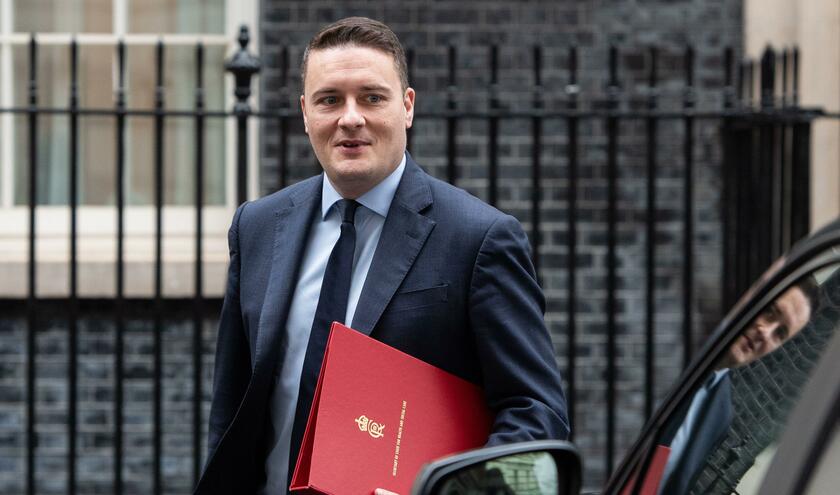Laura Skaife-Knight, chief executive of NHS Orkney, said the abolition of NHS England was a ‘necessary move for the NHS to move forward'.
Skaife-Knight, said the move, which was announced by Prime Minister Sir Keir Starmer on 13 March, was necessary to respond ‘to the challenges of today and the future'.
She added: ‘Streamlining, reducing bureaucracy and unnecessary duplication and creating a more joined-up and coherent system (from national to local levels) is undoubtedly needed to improve care, to optimise service delivery and experience (patients and staff) and efficiency.'
She called for ‘more long-termism of planning and delivery' and less ‘chopping and changing' in order for the NHS to succeed for patients and local areas, rather than being driven by ‘political agendas'.
Skaife-Knight added: ‘As we watch things unfold, I very much hope the voice of patients and staff remain central to change and improvement during and beyond this period of transition, that local NHS organisations and leaders have a strong voice and that this reform enables the large scale transformation needed in the NHS that enables this brilliant institution to be the best it can be, future proofs the NHS and is a lever for more long-term thinking which is something I know staff on the ground are craving.'
The trust leader said it was important not to underestimate the impact on the people who were affected by the announcement and facing uncertainty over their futures.
She added: ‘For this reason my view is the transition period should be as short as possible, whilst allowing careful thought to be given to the future operating model, and which has strong input from patients, staff, staffside and local NHS organisations.'
Aidan Rave, principal consultant at Good Governance Improvement and acting deputy chair, Buckinghamshire, Oxfordshire and Berkshire West (BOB) ICB, said: ‘While I didn't pick up a tremendous sense of loss from colleagues about the demise of NHS England, I think we have to be realistic about any positive impact at system level.
‘To slightly misquote the management guru Peter Drucker, culture tends to eat structures for breakfast and while the removal of a layer of bureaucracy can improve accountability, it will count for little if the culture remains the same. The bare facts are that the culture of the NHS is both highly centralised and highly politicised and structural tinkering alone will do little to change that.'
Have a topical issue you want to have your say on? Please contact our editor at: l.peart@hgluk.com



